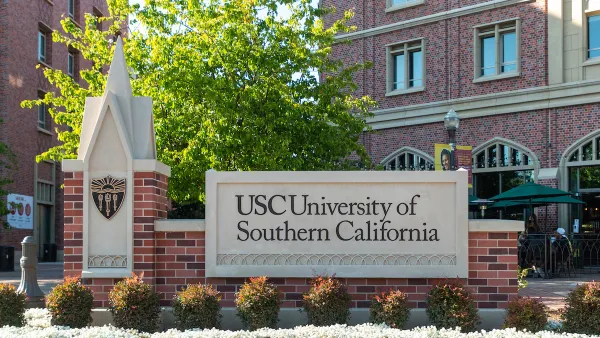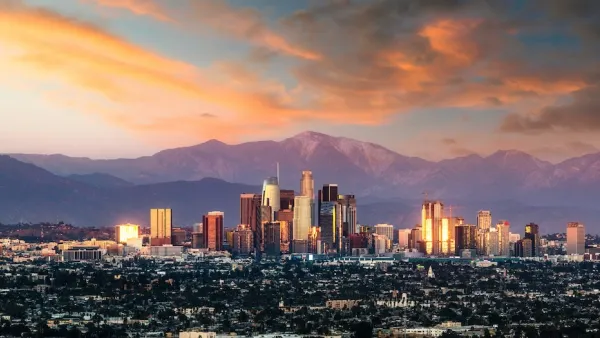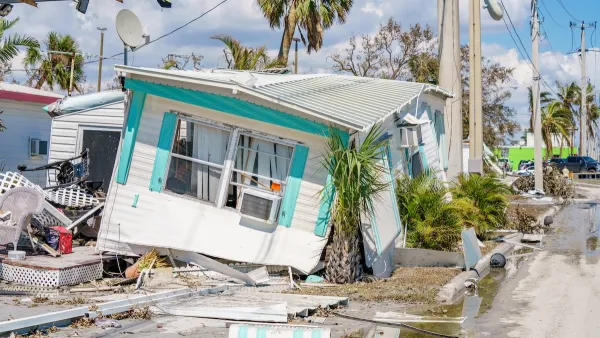Justin Gillis discusses the controversy over President Obama's and Governor Romney's decision to skirt the topic of climate change during the presidential debates.
With the presidential debates over and no explicit mention of climate change, "environmental groups - and environmentally minded voters - are aghast," says Gillis. "This campaign is the first time that has happened since 1988." The decision by the candidates to skip the issue has raised nationwide frustration and concern about the implications of their "climate silence."
"By ignoring climate change, both President Obama and Governor Romney are telling the rest of the world that they do not take it seriously, and that America cannot be expected to act with the intensity and urgency needed to avert catastrophe," said Erich Pica, president of Friends of the Earth Action. The candidates have focused a great deal on energy policy, but Gillis believes "it has essentially been a competition in who could heap the most praise on fossil fuels."
Romney has called for coal, oil and natural gas production, while Obama has pushed for green energy. Why wasn't the "c" word mentioned in any of the debates? Candy Crowley of CNN, who moderated the second debate, "felt that most voters preferred that the debate stay focused on the economy." Eugene M. Trisko, a lawyer and consultant for the United Mine Workers of America, said, "No candidate has been able to portray climate change policy as a win-win. That's because they understand that the root of climate change mitigation strategy is higher energy costs. It's an energy tax, and that's something you don't want to talk about in a debate."
In fact, "[m]any political observers are not especially surprised that climate change has gotten short shrift in this campaign," adds Gillis, "In general, environmental concerns tend to rise in the public mind in times of prosperity and sink in hard times."
FULL STORY: The Issue That Dare Not Speak Its Name

Analysis: Cybertruck Fatality Rate Far Exceeds That of Ford Pinto
The Tesla Cybertruck was recalled seven times last year.

National Parks Layoffs Will Cause Communities to Lose Billions
Thousands of essential park workers were laid off this week, just before the busy spring break season.

Retro-silient?: America’s First “Eco-burb,” The Woodlands Turns 50
A master-planned community north of Houston offers lessons on green infrastructure and resilient design, but falls short of its founder’s lofty affordability and walkability goals.

Test News Post 1
This is a summary

Analysis: Cybertruck Fatality Rate Far Exceeds That of Ford Pinto
The Tesla Cybertruck was recalled seven times last year.

Test News Headline 46
Test for the image on the front page.
Urban Design for Planners 1: Software Tools
This six-course series explores essential urban design concepts using open source software and equips planners with the tools they need to participate fully in the urban design process.
Planning for Universal Design
Learn the tools for implementing Universal Design in planning regulations.
EMC Planning Group, Inc.
Planetizen
Planetizen
Mpact (formerly Rail~Volution)
Great Falls Development Authority, Inc.
HUDs Office of Policy Development and Research
NYU Wagner Graduate School of Public Service




























